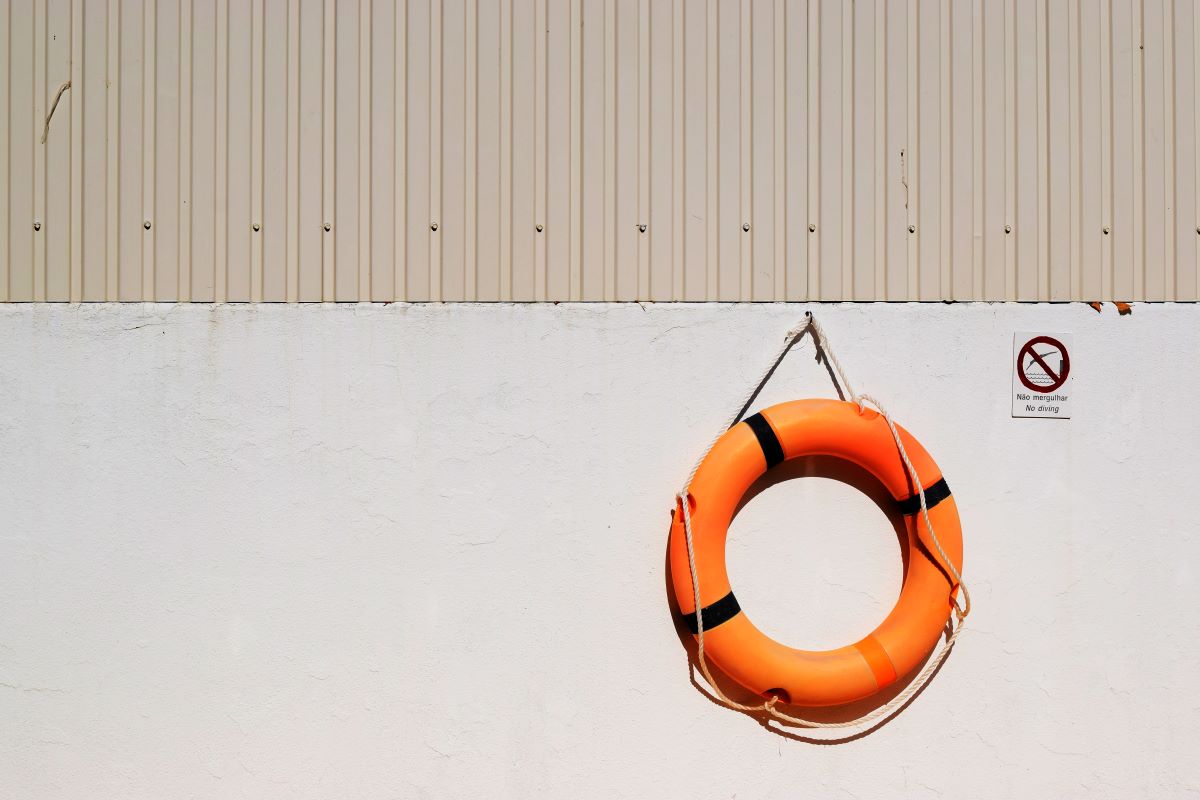
17 Apr Stay cool and inspire psychological safety
There is no shortage of data and social media articles on our need for psychologically safety to innovate and deliver great work. People and teams who feel safe at work contribute without fear of punishment, share ideas, and collaborate.
Fantastic. Also, no kidding.
But let’s face it: organizations just aren’t very psychologically safe. The rules of work are changing faster than we can keep up. And leaders who most influence when we feel psychologically unsafe are definitely not reading these articles, like this one: High-performing Teams Need Psychological Safety…
What are we missing?
I once worked with a man named Charlie, who was senior to me and did not suffer from low self-esteem. But one day, in desperation, he confided that he had panic attacks whenever he was in meetings with a certain executive. She unsettled him at ever encounter, sending his pulse racing and leaving him tongue-tied. And their frequent meetings compounded his anxiety.
Charlie was not used to feeling insecure, flustered, or unsafe – probably ever. He shrewdly navigated conversations with leaders, impressing the most rational, aloof executive with ease.
After listening to him voice his frustration for a few minutes, I replied with a grin, “You do know she’s crazy, right?” Charlie mumbled something vague. In his confusion, he had missed what was obvious to those of us who endured this woman’s daily abuse.
Realizing he was sincere and struggling, I took a direct approach. Looking at him, this time without the grin, I said pointedly, “No, you misunderstand. I mean this literally. She’s mentally ill.”
He looked at me in shock. On some level he knew something was off. He just didn’t know what.
Get some perspective.
Charlie’s experience with this executive is just a microcosm of what we deal with every day: complex individuals with difficult personalities and messy emotions. (It’s also why every third article in my LinkedIn feed advocates for emotional intelligence).
A few weeks after our conversation, Charlie told me that this new insight completely changed his perspective when he met with this difficult woman.
Their conversations still went in circles, but he could easily see how she contradicted and manipulated not just him, but everyone around her. He even admitted that without the panic attacks, it was fascinating.
And something else happened.
With this new perspective, Charlie adeptly handled the circular conversations and helped steer the meetings. That made everyone feel better – and safer. And after the meetings, people began to plan with him directly, ensuring work moved forward.
To be clear, no self-aware leader would behave the way that executive did. But no self-respecting person needs to negotiate with a bully or wait for an organization to issue top-down change in order to gain a little perspective.
Pause. Think. Pause. (And don’t self-destruct).
I’ll be blunt: we’re in for a long and miserable wait if we leave our psychological safety in someone else’s hands. Work is full of too many landmines.
Is this fair? Nope. But the goal isn’t fairness. It isn’t even safety.
It’s freedom.
A friend called me recently in a panic. She had just received an email from an executive that accidentally included a thread from months earlier complaining about her. My friend was distraught, having worked for months on two huge and stressful projects.
After I implored her to not self-destruct with an expletive-filled email, we talked through options. We both agreed she that she needed to respond calmly and quickly before the thread grew. And we agreed that while she had every right to be upset, her response had to be cool.
We slowed everything down, so she could think clearly despite her inner turmoil. And she tested different messages to see what sounded reasonable, actionable, and cool. Twenty minutes later, she sent a respectful and succinct three-line message, requesting that the sender start a new thread that did not include the comments about her performance.
Reasonable, actionable, and cool.
Stay cool.
Psychological safety might foster innovation and nurture high-performing teams. But that’s not super inspiring when you’re the one panicking. So very small victories matter.
In Charlie’s case, his success was not having panic attacks in meetings with someone who intentionally provoked him. The impact of those panic-free meetings, however, was huge for him and many others.
In my friend’s case, success was keeping her cool while respectfully not letting the sender off the hook for a very big gaffe. That took some finesse.
What she never expected in response were two contrite and heartfelt apologies, one to her and one to the group on the thread, praising my friend’s professionalism and great work. My friend’s cool, empowered finesse created psychologically safe conditions for an executive to apologize humbly and publicly.
Yes, at work.
carolyn solares
I help people keep their cool. Yes, at work.
Work with me at murphymerton.
Teams and Groups | One on One
Connect with me on LinkedIn
Photo by Matthew Waring on Unsplash
